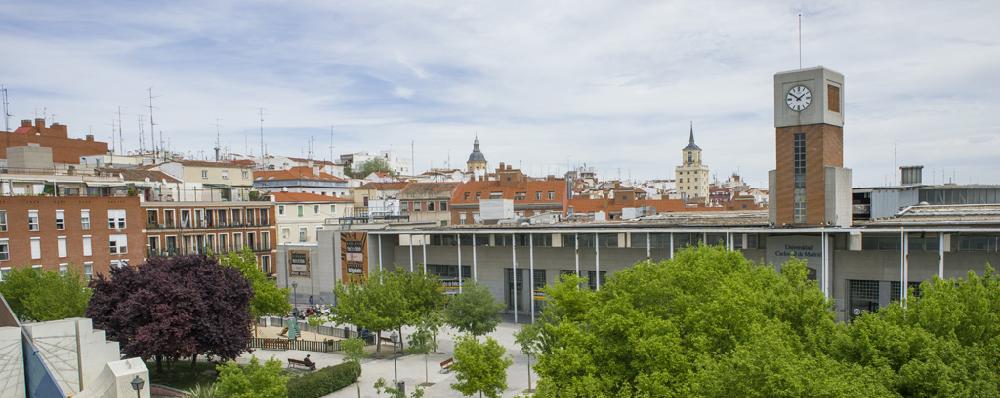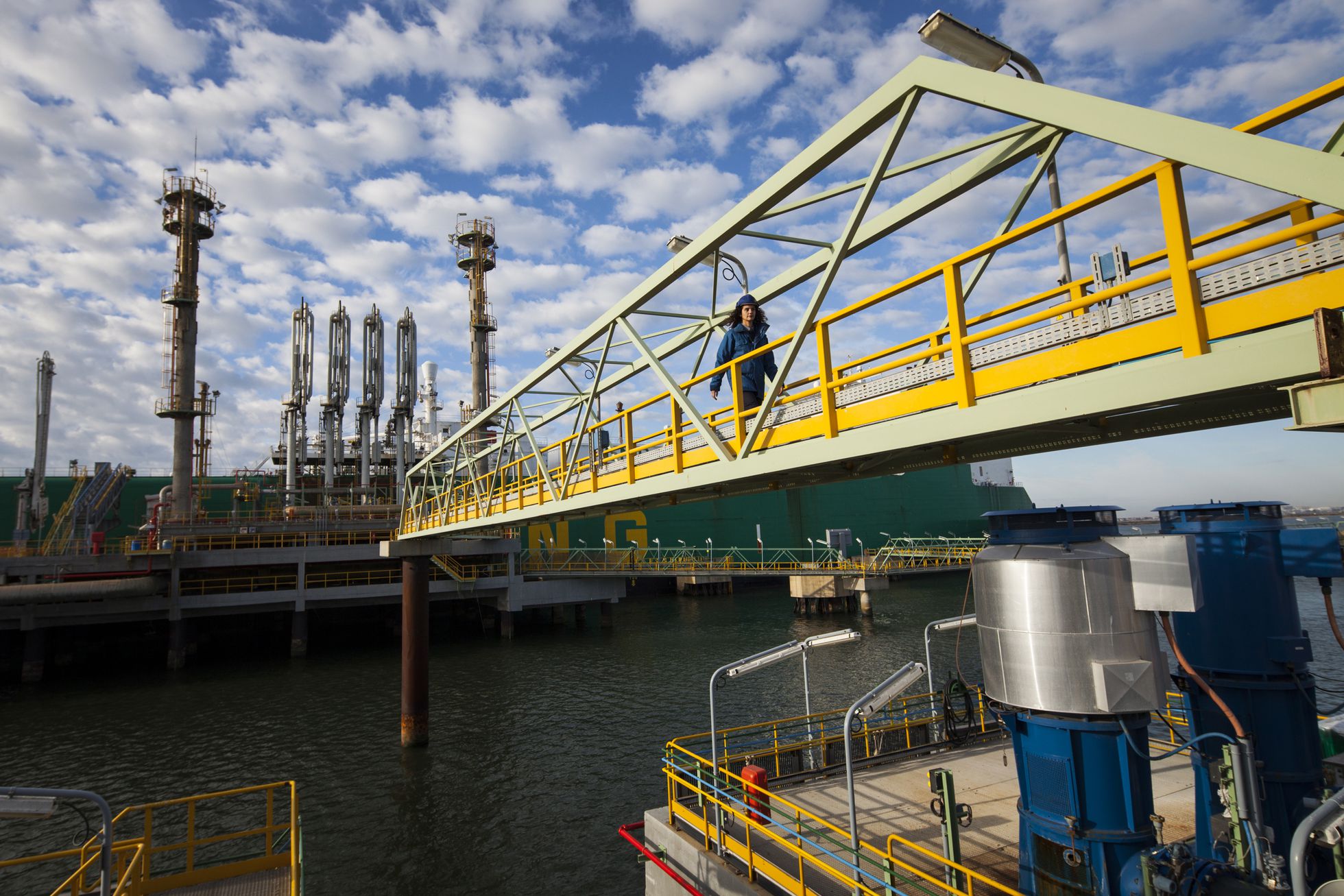Worldwide, the energy transition is underway. Whereas there is consensus regarding the need to reduce carbon emissions, promote renewables, and improve energy efficiency, there is still controversy regarding the optimal choice of policies to achieve those goals.
Policies differ in their efficiency impacts (i.e., whether they induce higher or lower costs), but also on their distributional implications (i.e., whether they create winners and losers). Furthermore, agents’ behavioral biases might impact the success or failure of the chosen policies.
With this triple focus on efficiency, equity and behavioral considerations, the Intensive Course on The Energy Transition: Economics and Policy, which will take place at the Barcelona GSE on May 19-20 2022, will provide participants (whether economists, engineers, or lawyers, working for firms or in regulatory agencies) with a thorough understanding of the most recent economic insights to analyze the performance of current and potential energy and climate policies. The course will mainly review policies affecting the transportation and power sectors, as well as the competition policy issues that are likely to arise during the energy transition. The program’s faculty includes leading international scholars and practitioners with extensive experience of the application of economic techniques to designing and assessing the performance of energy and climate policies. The Directors of the course are Massimo Motta (BGSE) and Natalia Fabra, head of EnergyEcoLab. Instructors are Natalia Fabra, Albert Banal-Estañol, Mar Reguant, and Lluís Saurí.
More information at
https://www.barcelonagse.eu/st




